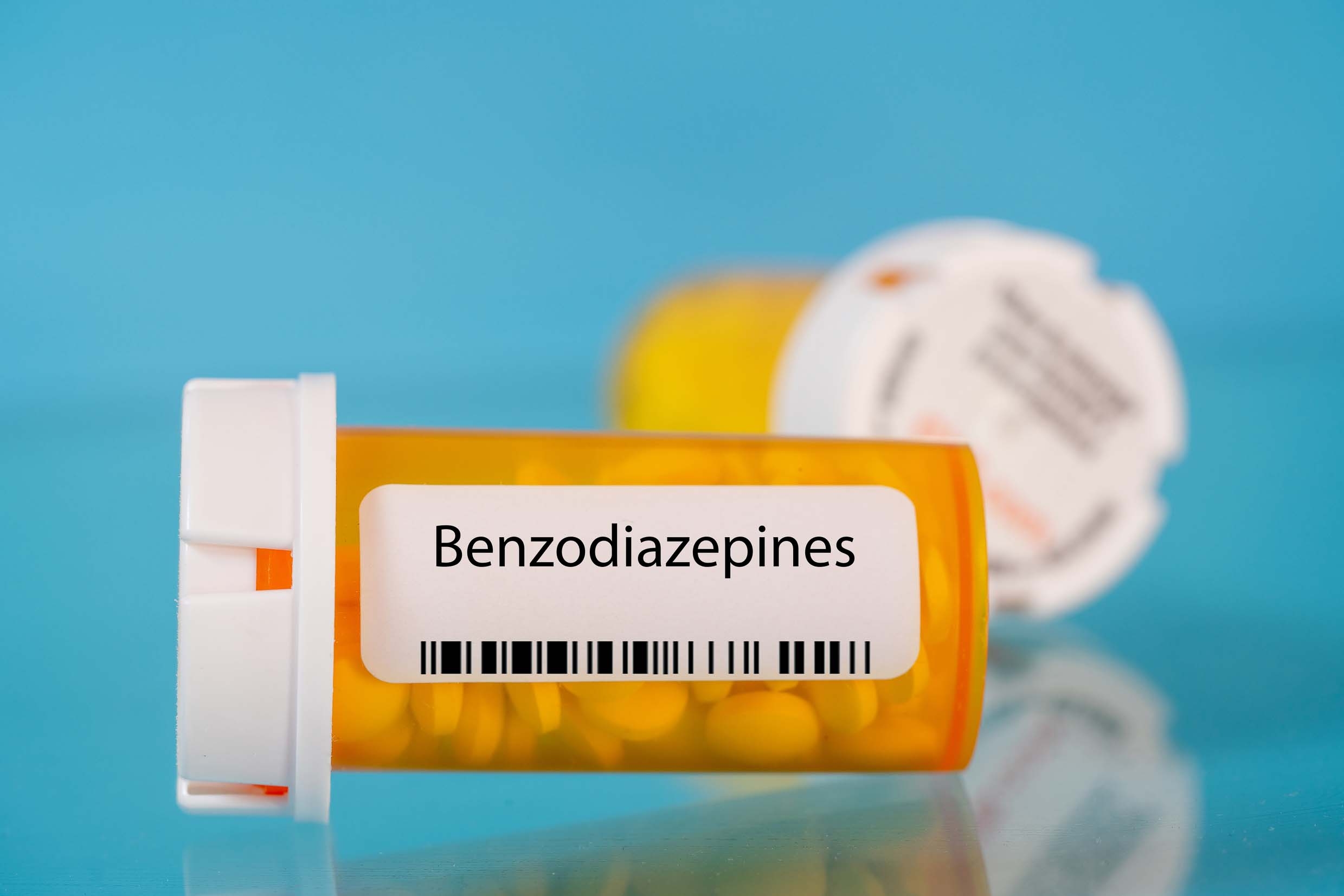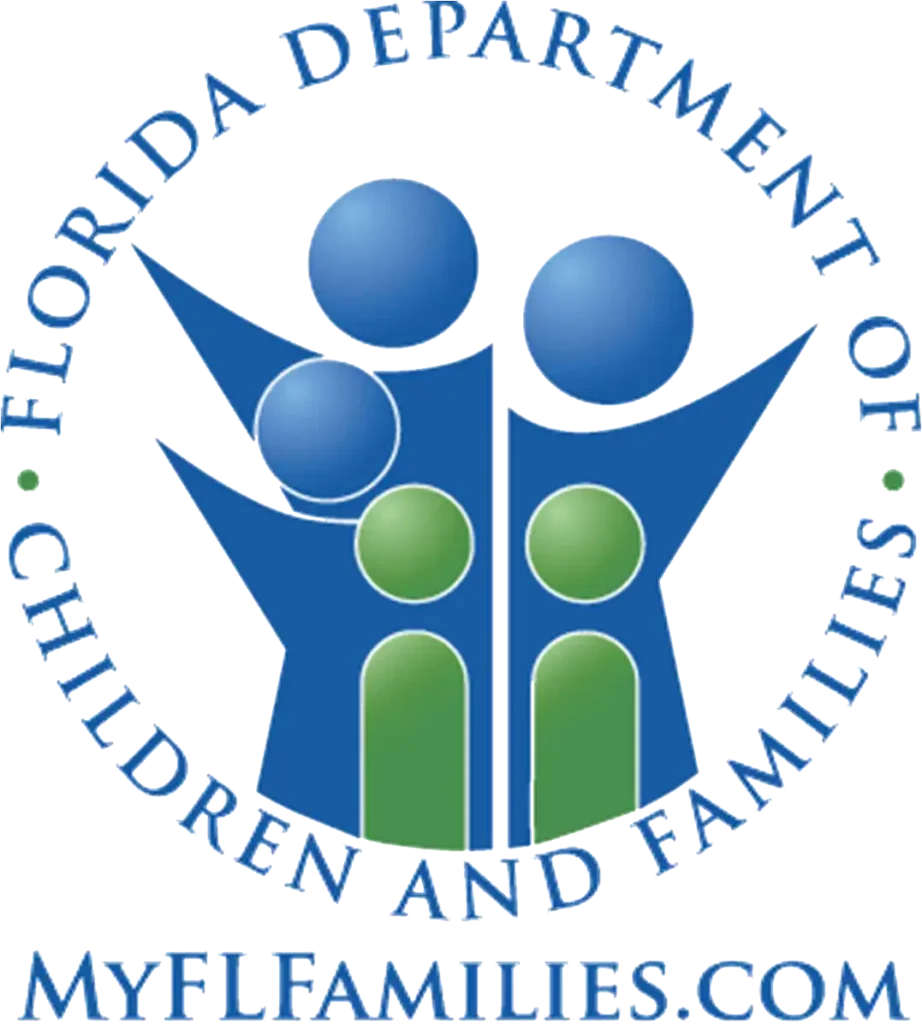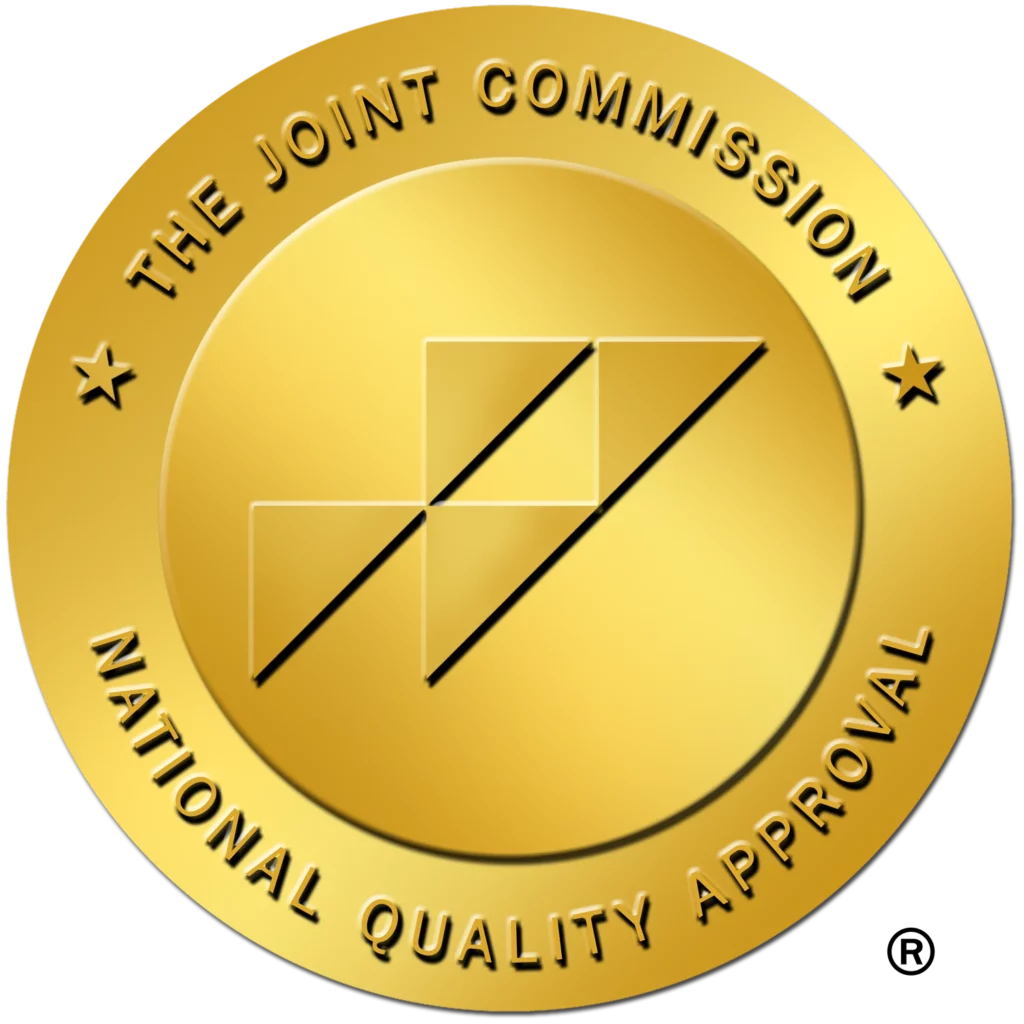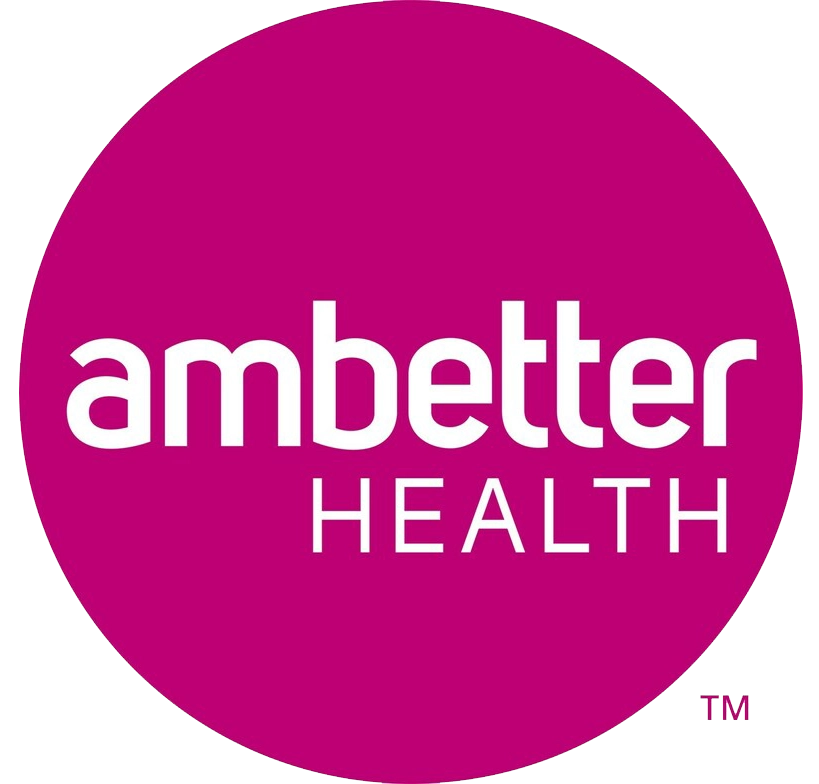
Addiction Treatment Center
Addiction Treatment Center

What is addiction treatment?
Addiction treatment is a combination of therapies designed to work together to help people overcome addiction and put them back on the path to happy, healthy lives.
Detoxification – getting the drugs out of your system – is often the first step. This can sometimes be very uncomfortable.
Depending on the severity of your addiction, it can even be dangerous, so medically supervised is the best option. Medications are available that will make it more comfortable and safer.
Once you’re finished with detox, you will begin the rest of the recovery process. Cognitive Behavioral Therapy (CBT) and other types of therapy are used to help you change the way you think about your addiction, help you understand the underlying reasons you may have started using or drinking to begin with (trauma, depression, anxiety, etc.) and how you can work through those things and develop healthy ways to cope.
Medications may be used at this stage of your recovery to help you manage any ongoing withdrawal symptoms or cravings, and to treat any underlying mental health problems that can interfere with recovery.
Once the treatment process is complete, aftercare becomes a very important part of ongoing recovery. You may need to continue therapy. Support groups can help you stay on the road of recovery by giving you a community of people who have been where you are and can support you. Lifestyle changes will also be necessary, to avoid temptations and help you stay healthy.
Addiction is a complicated and very personal situation, and choosing an accredited addiction treatment center means you will get the individual attention and treatment plan that you need to succeed.
Why can’t I handle addiction myself?
Trying to handle addiction on your own can be extremely challenging for several reasons.
- Physical and Emotional Dependence: When you’re addicted, your body gets used to the substance, and you can experience intense cravings that are hard to control on your own. Sometimes, if you use substances to deal with emotions or stress, it can be very difficult to quit without finding new healthier ways to cope.
- Risk of Withdrawal Symptoms: Quitting suddenly can bring on uncomfortable or even dangerous withdrawal symptoms. You may need medical help to detox safely and comfortably. Withdrawal can also affect your mood and mental state, making it hard to stay committed to quitting.
- Overlooking Deeper Issues: Addiction often stems from other problems like stress, trauma, or mental health issues. These underlying causes are often best addressed with professional help. When you’re in the midst of addiction, it is hard to see the full impact your addictive behaviors are having on your life. Addiction counseling can help you fully grasp what the addiction is doing to your life, and make a plan to get clean and back to living your life again.
- Social Support – Family and friends, as well as support groups, can offer emotional backing and accountability that are vital to successful recovery.
- Professional Guidance: Therapists and counselors can provide expert advice and coping strategies you might not be aware of.
It’s understandable to think you should be able to handle addiction on your own, but the challenges often require a range of support and professional guidance. The idea isn’t that you are not strong enough; it’s that the complexity of addiction often needs more education, medical care and support than any one person can give to themselves.
Dealing with addiction often involves facing tough emotional and physical experiences, but this isn’t about a quick fix. It’s about setting you up for a healthier, long-term future.
Do I have to leave work for addiction treatment?
Whether or not you need to leave work for addiction treatment depends on several things, including the severity of your addiction, which usually determines the type of treatment program you need.
There are different types of treatment programs, and the staff at the treatment center you choose will help you decide which one is best for you.
Outpatient programs allow you to continue working while receiving treatment. Sessions are typically scheduled during evenings or weekends, so that you can continue to keep up with your work and other responsibilities. These programs are for patients with less severe addictions, and a supportive environment.
Inpatient programs are more intensive and require you to stay at a treatment facility, and usually make it necessary to take a leave of absence from work.
If you do need to take time off, many companies offer Employee Assistance Programs that provide confidential assessments and short-term counseling. Additionally, the Family and Medical Leave Act (FMLA)is a law that allows eligible employees to take unpaid leave for medical reasons without losing their job.
While the idea of leaving work for treatment may seem daunting, remember that the primary goal is your long-term health and well-being.
What do I look for in an addiction treatment center?
Choosing an addiction treatment center is an important step towards recovery and involves several things you need to consider.
- Treatment Programs – You will need to decide if you need inpatient or outpatient care. Look for centers that offer specialized programs if you have unique needs, such as mental health issues or gender- specific treatment.
- Staff Credentials and Expertise – Make sure the facility is staffed with certified addiction specialists, medical doctors, and mental health professionals. Look at the staff-to-patient ratio. A lower ratio often ensures more personalized care.
- Facility Amenities – Consider the facility’s environment, as it can influence your comfort and, consequently, your recovery. Some facilities offer extra amenities like fitness centers, nutritional planning, and holistic treatments which could benefit your recovery.
- Aftercare Programs – Make sure the facility offers long-term support through aftercare programs or helps you find local resources for ongoing support. This support is vital to your continued recovery. Alumni Programs are ideal as they can provide an additional layer of long-term support.
- Personal Compatibility – Make sure the center is sensitive to your cultural, ethnic, or religious needs. You will be sharing a lot, so feeling comfortable with the staff and environment is crucial.
- Practical Aspects – Consider the location of the facility. Proximity to family and friends can either be a pro or a con, depending on your situation.
- Cost and Insurance – Make sure the treatment is affordable or covered by your insurance. Check for payment plans if needed.
The facility’s admission staff can help you by assessing your needs and helping you decide it they are a good fit for your needs.
What questions should I ask an addiction treatment center?
When evaluating an addiction treatment center, there are key questions you should ask to determine if the facility and its program are right for you. The following is a list of basic questions important to ask when evaluating an addiction treatment center. Once you’ve gone through all of these, be sure to ask about anything else that interests or concerns you while you are working with the admissions staff.
Treatment Programs and Methods
- What treatment programs do you offer?
Understand whether they provide inpatient, outpatient, or both.
- What treatment methods do you use?
This could range from Cognitive Behavioral Therapy (CBT) to medication-assisted treatment, and beyond.
- Do you offer specialized programs?
Ask if they have specialized treatment for co-occurring mental health conditions, age-specific programs, or other unique needs.
Staff Credentials and Experience
- What are the qualifications of the staff?
Ensure they have certified addiction counselors and medical personnel. Ask if their program is
- What is the staff-to-patient ratio?
A lower ratio generally means more personalized attention.
- How experienced is the staff in treating my type of addiction?
Staff should have experience relevant to your specific needs.
- Is your program accredited?
Accreditation for a recovery center means that the facility meets specific quality and performance standards set by a recognized accrediting organization. This generally indicates a high level of care, as the center undergoes regular evaluations and must adhere to industry best practices. Accreditation is an important factor to consider as it adds an extra layer of trust and credibility to the treatment provided.
Aftercare and Ongoing Support
- Do you offer aftercare services?
Long-term success often depends on ongoing support.
- Is there an alumni program?
These programs can offer additional layers of support and community.
- How do you prepare patients for life after treatment?
This can include relapse prevention strategies and coping mechanisms.
Personal Compatibility and Comfort
- How do you address individual cultural, religious, or gender-specific needs?
The center should be sensitive to these factors.
- What is the environment like?
Ask about the setting, the living conditions, and any available amenities.
- Can family be involved in the treatment process?
Family involvement can sometimes be a critical factor in recovery.
Financial and Logistical Aspects
- What is the cost of treatment?
Get a clear understanding of all financial obligations.
- Do you accept insurance or offer payment plans?
Financial feasibility is a practical concern.
- Where are you located?
Consider if you want to be close to or far from your regular environment.
Is Port. St. Lucie a good place to be a recover from addiction?
Yes, you will find Port St. Lucie to be a strong clean and sober community. Many people come here to recover, benefiting from quiet, residential surroundings a nd the absence of nightlife. For those same reasons, many people stay here after treatment as well, starting businesses and making their family’s home here.
As the sixth largest city in Florida, the job market is strong, yet the city retains a small-town feel. It lacks the problems that more urban areas tend to have. There is a focus on family and quality of life. It has a laid-back feel that brings on a sigh of relief. The weather is consistently warm, even in the winter, making it a non-factor in your life. Also, there are multiple Alcoholics Anonymous, Narcotics Anonymous and Celebrate Recovery meetings to choose from.
Benefits of Addiction Treatment at Foundations
Whole-person treatment
With dual diagnosis therapies, yoga,
chiropractic & more
Comprehensive care
Addressing each phase of the recovery
journey
Strong alumni program
Providing a lifetime of support
Benefits of Addiction Treatment at Foundations
Our Happy Clients

“So instead of my story starting at birth (which is a horrendous story in itself!), I’m going to start where my addiction really started, which was 2006 while I was working as a nurse. I had very recently gotten a divorce and had untreated mental health issues. I began using meth to self-medicate because I felt so down…
Articles
-

Risks of Benzodiazepine Use: What to Know
Benzodiazepines, sometimes called “benzos,” are prescription medications that depress the..
-

Medication Assisted Treatment
Addiction is a chronic brain disease characterized by an intense..
-

What Are Adult Children of Alcoholics (ACOAs)?
Adult Children of Alcoholics, or ACOAs for short, are people..
Accreditations
& Certifications


We Accept Most Major Insurances and Private Pay Options are Available.



If you do not see your insurance carrier below, please contact us to verify yourbenefits with an admissions specialist.
